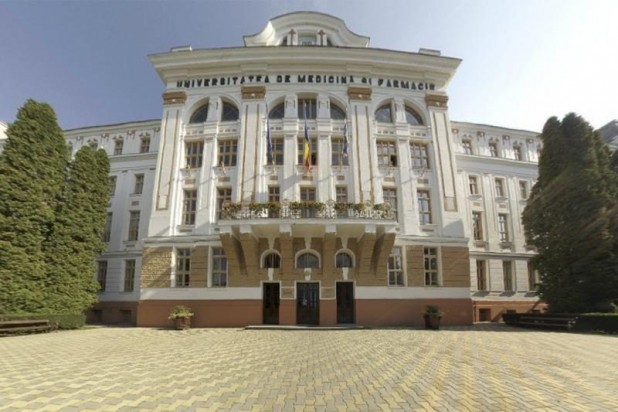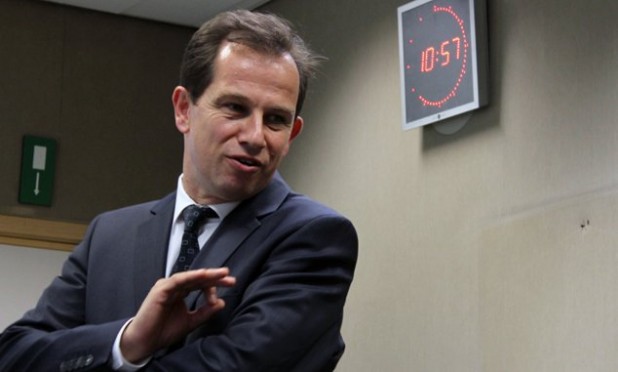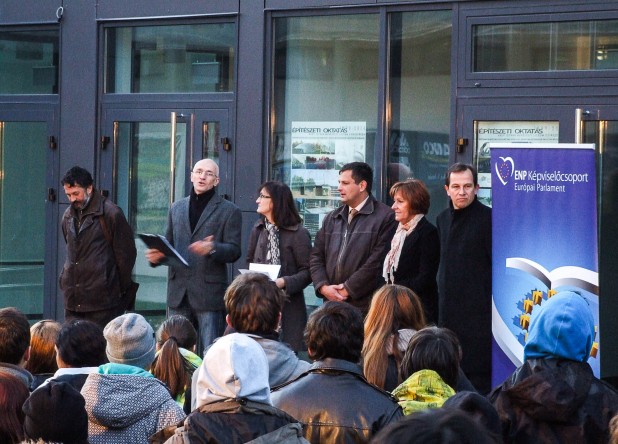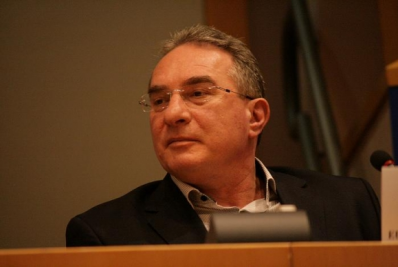The future of medical training in Hungarian is in danger
Ever since its foundation in 1945, there has been a slow but relentless effort to encumber Hungarian training at the University of Medicine and Pharmacy of Tîrgu Mureș/Marosvásárhely, an institution originally destined to train Hungarian doctors in their mother tongue. However, presently Hungarian students make up just 29% of the total number of students, while Hungarian teachers also constitute a mere one third in the university leadership. In practice, this makes it extremely difficult to safeguard teaching in Hungarian. It is worth mentioning that practical courses are already taught exclusively in Romanian.
Despite the fact that the Hungarian community has been asking for a separate and independent Hungarian faculty for years, instead of moving towards an acceptable solution, the situation seems to be deteriorating, as news surfaced in the past few days that the leadership of the University of Medicine and Pharmacy and those of the Petru Maior University, which is a purely Romanian university, have agreed to merge the two institutions. Despite the objections of the Hungarian professors within the senate of the University of Medicine, their votes were not enough to impede the decision.
The Hungarian community has been asking for a separate and independent Hungarian faculty for years.
Előd NAGY, Vice-rector of the University of Medicine and Pharmacy of Tîrgu Mureș/Marosvásárhely, expressed concern over the fact that the Hungarian leadership received no concrete assurances as to how the university would keep its multicultural character in case of a merge.
The Democratic Alliance of Hungarians in Romania (DAHR) released a statement in which they objected to the merging of the two universities. Hunor KELEMEN, the President of DAHR warned that such a fateful decision will lead to the cessation of Hungarian medical training in the coming years.
DAHR informs ECRI about the discrimination against the Hungarian community in Romania
Several members of DAHR reported last week to a special delegation of the European Commission on Racism and Intolerance (ECRI), who were on a fact-finding mission in Romania. DAHR also submitted a written report to ECRI, in which they highlighted some of the most pressing issues concerning the rights of the Hungarian community.
Among the concerns detailed in the shadow report presented by DAHR, one of the main issues relates to hate speech incidents over the course of 2017 and earlier this year, most of them in reaction to draft laws submitted by DAHR regarding the use of minority languages in the public administration, and declaring March 15th as the national day of Hungarians, respectively. Both of these shockingly increased the level of xenophobia and intolerance in Romania, with Romanian politicians and journalists alike joining in the hostile anti-Hungarian discourse.
The report also mentions the systematic discrimination that affects the historical region of Szeklerland. As an example, the authors of the report point to the banning of the Szekler flag from public spaces, as well as the fact that Romanian authorities refuse to grant legal personality to associations that refer to Szeklerland in their official name.
One of the representatives of the Hungarian minority, who personally informed ECRI on the various forms of discrimination faced by our community was Csilla HEGEDÜS, the Executive Vice-president of DAHR for culture. In her presentation she emphasized that “Romania applies a double standard when in comes to respecting the rights of national minorities, and the use of their symbols”.
Regarding the fierce opposition to the above-mentioned draft laws and the nationalistic wave that followed them in the media, in her presentation to the Commission, Erika BENKŐ, a DAHR member of parliament and leader of the Mikó Imre Minority Rights Legal Services Assistance, highlighted the fact that: “Unfortunately, dismissing ethnic alterity and intolerance is more prevalent than goodwill, even though minority-friendly legislation is meant to contribute to the general comfort of minorities, and the aim to improve relations between minority and majority by placing these on clear and transparent grounds.”



